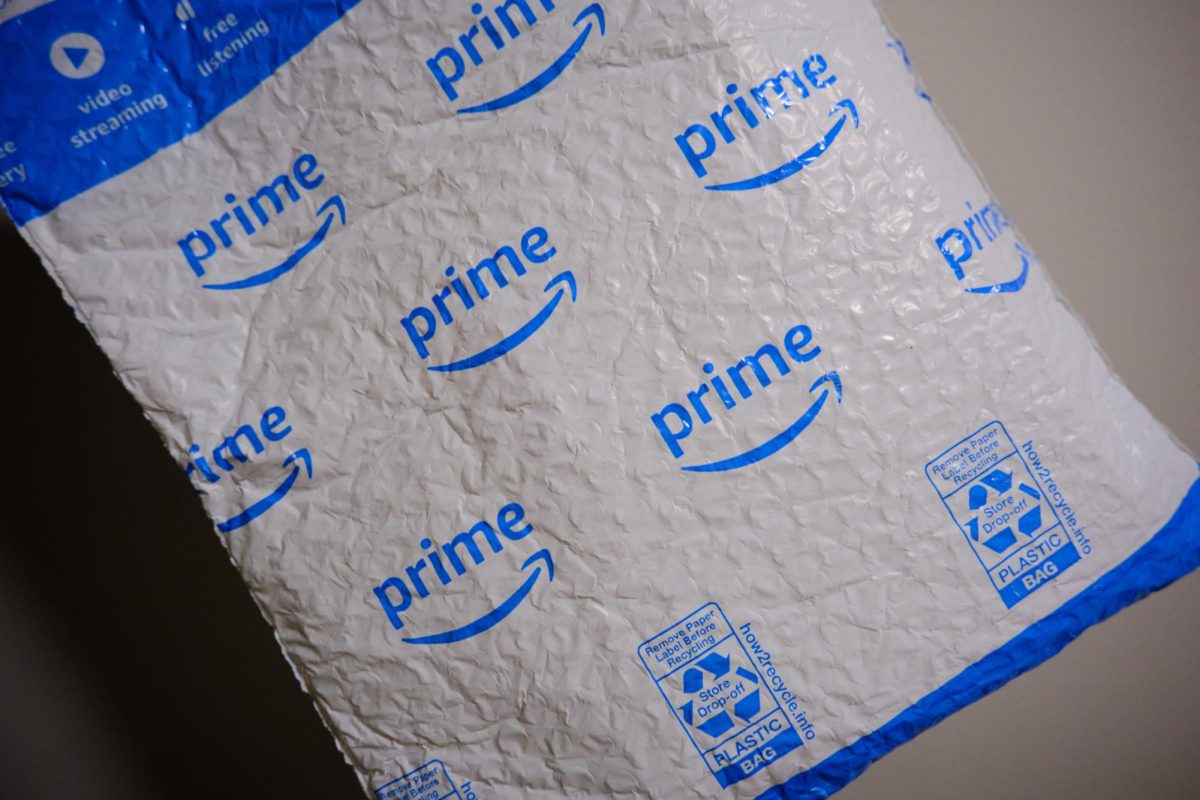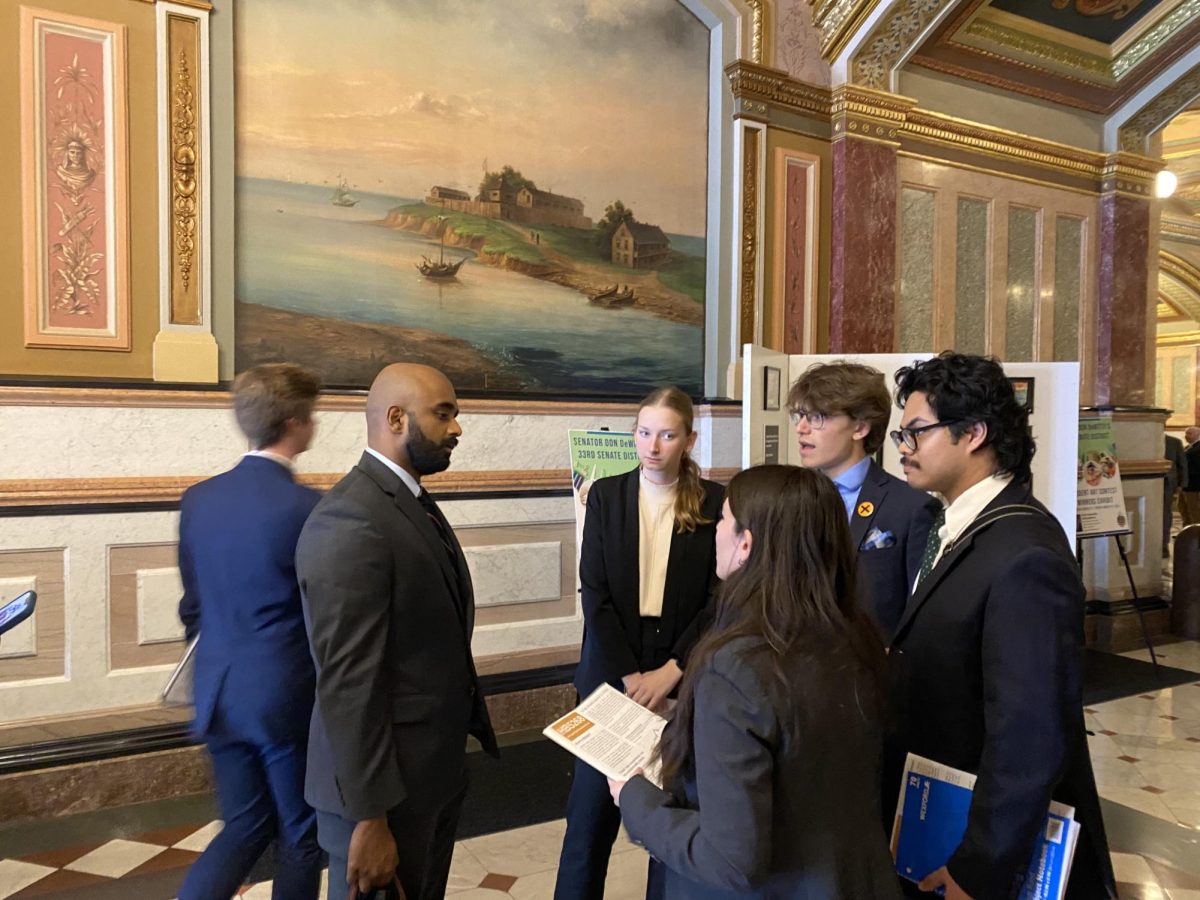Amazon is known and loved by the United States as one of the largest e-commerce platforms since 1994. Its astronomical growth is attributed to Amazon Prime, which came to fruition in 2005 as a way for subscribers to access premium services and get their items delivered faster.
However, the environmental impact of Prime is often overlooked. Until 2019, Amazon refused to release data on Prime’s carbon footprint — almost as if they knew it was bound to leave many outraged.
As of 2023, Amazon is responsible for emitting 71.54 million metric tons of carbon dioxide yearly. For context, a metric ton of carbon dioxide is almost 2,205 pounds. Multiply that by 71, and you’ll see that Amazon emits around 156,527 pounds of carbon dioxide per year.
While Amazon is making progress on reducing the company’s carbon footprint, one cannot deny the e-commerce giant’s continual problematic practices.
Amazon contributes to “e-waste,” which is defined as toxic materials such as phones, computers and televisions polluting the air, soil and water. E-waste is also “toxic to human health” and is known for harming the brain, heart and liver.
Get The Daily Illini in your inbox!
Amazon Prime’s “unlimited fast and free shipping” and permissive return policy are convenient, but at what cost? If buyers know they can return their shipments for free and with little effort, they are more likely to carelessly buy and later return their purchases. Millions of these returned items are “destroyed” and end up in landfills, further contributing to carbon dioxide emissions.
On Amazon’s 20th anniversary, the service introduced Prime Day as a way to celebrate members of Amazon Prime. Since then, Prime Day has grown into a multi-day event where Prime members can get their favorite items for a lower cost. This causes millions of items to be shipped worldwide in a short period of time, often in single-use plastic packaging that adds waste into our environment.
In addition to the harmful impact of Prime Days, Amazon offers discounts to students on a Prime membership, prompting the younger generation to continue supporting these wasteful practices. The signup process for Prime Student is simple; it draws students in with a lucrative markdown on an otherwise unaffordable membership for college students.
Marketing to this demographic is very intentional; students are one of the biggest spenders on everyday purchases. Amazon is offering a cheaper way to acquire items without having to step outside, which is appealing to the typical 20-year-old whose time is occupied by classes and work.
In order to combat these harmful environmental effects, Prime should either require a price minimum similar to the regular Amazon service or start offering discounts to customers who opt to get their items a little later, thereby reducing the number of trucks on the road.
While we have a responsibility to be ethical consumers, Amazon tempts us to buy more than we need for profit with clear disregard for our environment.
While Amazon is trying to combat the environmental impact of its Prime service, we buyers cannot trust them to always make environmentally conscious decisions. Resisting Amazon’s marketing temptations, ignoring its promotions of consumerism, and using its Prime shipping service sparingly is the only way for us to know our environmental impact isn’t as large.
Safia is a sophomore in LAS.
















